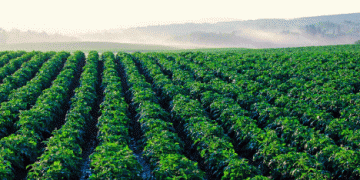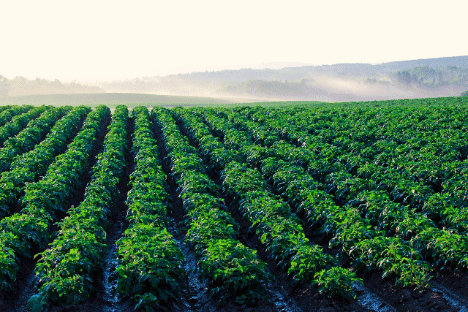Irrigation in Baden-Württemberg Farms Now Equivalent to 8,600 Olympic Swimming Pools
As the Olympic Games kick off on July 26, 2024, with swimmers aiming for gold in 50-meter pools, an impressive parallel emerges in the agricultural sector of Baden-Württemberg. To ensure peak performance of crops such as vegetables, fruits, and potatoes during dry periods, farmers increasingly rely on artificial irrigation.
In 2022, farms in Baden-Württemberg used a staggering 21.5 million cubic meters (m³) of water for irrigation. This volume equals the capacity of 8,600 Olympic swimming pools, each holding 2,500 m³ of water. This represents a significant increase from 2009, when the recorded irrigation volume was 10.4 million m³, enough to fill only 4,200 Olympic pools.
Over the same period, the irrigated agricultural area expanded from 14,200 hectares to 22,800 hectares, marking a 61% increase. Despite this growth, irrigation still covers a small fraction—about 2%—of the total agricultural land in the region. However, its significance is much greater for specialty crops. In 2022, 6,500 hectares, or 51% of the vegetable and strawberry cultivation areas, were irrigated, highlighting the critical role of irrigation in these sectors.
Key Data on Irrigation:
- Total Water Used (2022): 21.5 million cubic meters (8,600 Olympic swimming pools).
- Total Irrigated Area (2022): 22,800 hectares.
- Increase in Irrigated Area (2009-2022): 61%.
- Percentage of Total Agricultural Land: 2%.
- Irrigated Vegetable and Strawberry Area (2022): 6,500 hectares (51%).
The increased reliance on irrigation reflects broader trends in agriculture as farmers adapt to changing climate conditions and strive to maintain high yields. The significant rise in irrigated areas and water usage underscores the need for sustainable water management practices to balance crop production needs with environmental conservation.
The marked increase in irrigation usage in Baden-Württemberg highlights the evolving demands on agricultural water resources in response to climate variability. While irrigation remains a small portion of total agricultural land, its impact on specialty crops is substantial. Moving forward, the challenge will be to continue improving irrigation efficiency and sustainability to support agricultural productivity without compromising water resources.































